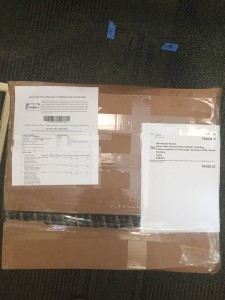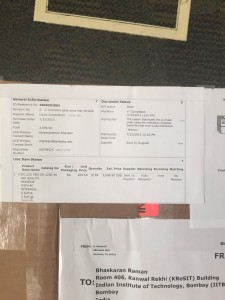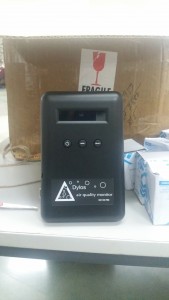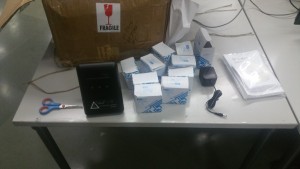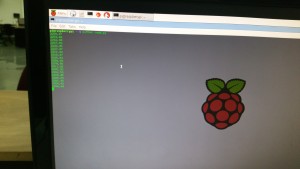Bombay Real time Air quality Sensing (BRAS) – a joint project between The Indian Institute of Technology, Bombay and the AMPLab – has recently been awarded one of 10 DIL Explore Grants, out of a field of 55 applications.
The Development Impact Lab (DIL) at Berkeley is a global consortium of research institutes, non-governmental organizations (NGOs), and industry partners committed to advancing international development through science and technology innovations. The Explore grants are intended to support early stage exploratory partnership building and research that combines technology innovation with social and economic research to solve international development challenges.
We plan to use this grant to set up a real-time air quality monitoring network in Bombay, use it to raise awareness of air quality and kickstart a discussion around policy changes required for improvement.
Air quality in developing economies has long been a source of concern, with a particular focus on countries like India and China, which together are home to over 35% of the world’s population. This concern has lead to individual data collection efforts such as the US Embassy Twitter feed for air quality in Beijing or Joshua Apte’s measurement of air quality while riding in an autorickshaw in New Delhi (if you have spent any time in India, Joshua’s youtube video is simultaneously familiar and horrifying). These individual efforts are now being scaled up with the deployment of governmental (SAFAR, China’s official network) or crowdsourced (aqicn, world air quality) air quality monitoring networks, but much work remains to be done in both data collection and analysis.
In particular, we want to:
- experiment with the accuracy/cost tradeoff of lower cost sensors so that the sensors can be deployed over a wider area
- make the data easily accessible via both visualizations and open APIs, to allow third parties to perform their own analyses on the data. Note that this is sadly lacking in current solutions.
- engage with local colleges in three areas:
- for easy sensor deployment – they have access to power, ethernet and students who can debug deployments.
- for raising awareness – students can spread the information about their local air quality on social media
- for kickstarting discussions around policy changes – students can perform analyses of data at their campus, compare their campus with other campuses, and run local challenges for improving air quality. These challenges can help motivate long-term policy changes.
The air quality monitors were dispatched from Berkeley at the end of summer. Thanks to Kattt, Boban, Carlyn and Jonahluis for helping with the ordering, packaging and shipping.
They were then stuck in Indian customs for almost a month before they made it to IIT Bombay. Here are some unboxing pics.
A final year undergraduate student at IIT Bombay, Shubham Jain, is working on this project for his BTech Capstone project, under the guidance of Principal Investigator Prof. Bhaskaran Raman. He is currently able to read the PM2.5 data from the sensors using a python script running on a Raspberry Pi.
Next, he is working on reading humidity and temperature streams, storing all of them in a timeseries sensor database, and converting the PM2.5 values into AQI values. The timeseries stack that he is using is the XBOS stack (Deckard -> UPMU plotter -> Giles -> BtrDb) which was developed by the UC Berkeley Software Defined Buildings group, and provides scalable storage, aggregation and visualization of scalar values from sensors, along with a rich metadata query interface.
We will post regular status updates as he makes more progress…

